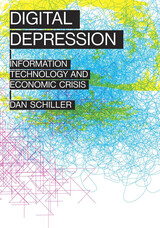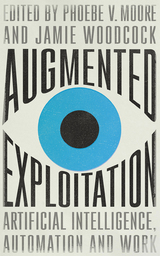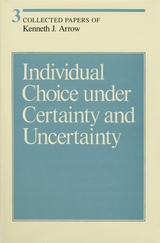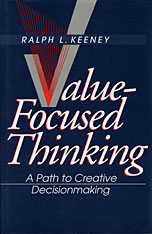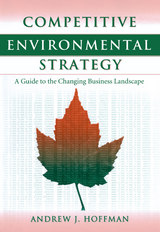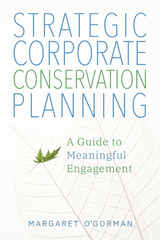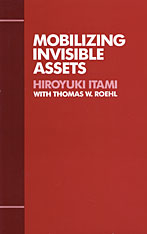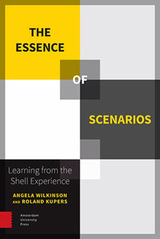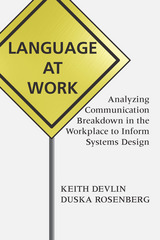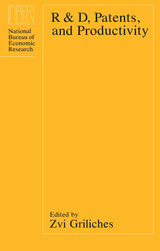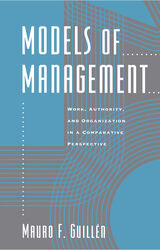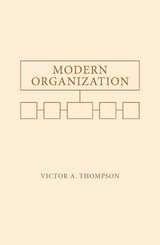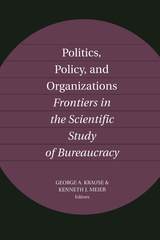The Essence of Scenarios: Learning from the Shell Experience
Amsterdam University Press, 2014
eISBN: 978-90-485-2209-5 | Paper: 978-90-8964-594-4
Library of Congress Classification HD30.28.W55 2014
Dewey Decimal Classification 330
eISBN: 978-90-485-2209-5 | Paper: 978-90-8964-594-4
Library of Congress Classification HD30.28.W55 2014
Dewey Decimal Classification 330
ABOUT THIS BOOK | AUTHOR BIOGRAPHY | REVIEWS | TOC
ABOUT THIS BOOK
In 1965, Royal Dutch Shell started experimenting with a new approach to preparing for the future. This approach, called scenario planning, eschewed forecasting in favor of plausible alternative stories. By using stories, or Ÿscenarios,Œ Shell aimed to avoid the false assumption that the future would look much like the present“an assumption that marred most corporate planning at the time. The Essence of Scenarios offers unmatched insight into the company’s innovative practice, which still has a huge influence on the way businesses, governments, and other organizations think about and plan for the future.In the course of their research, Angela Wilkinson and Roland Kupers interviewed almost every living veteran of the Shell scenario planning operation, along with many top Shell executives from later periods. Drawing on these interviews, the authors identify several principles that characterize the Shell process and explain how it has survived and thrived for so long. They also enumerate the qualities of successful Shell scenarios, which above all must be plausible stories with logical trajectories. Ultimately, Wilkinson and Kupers demonstrate the value of scenario planning as a sustained practice, rather than as a one-off exercise.
See other books on: Business Development | Energy | Essence | Learning | Strategic planning
See other titles from Amsterdam University Press



